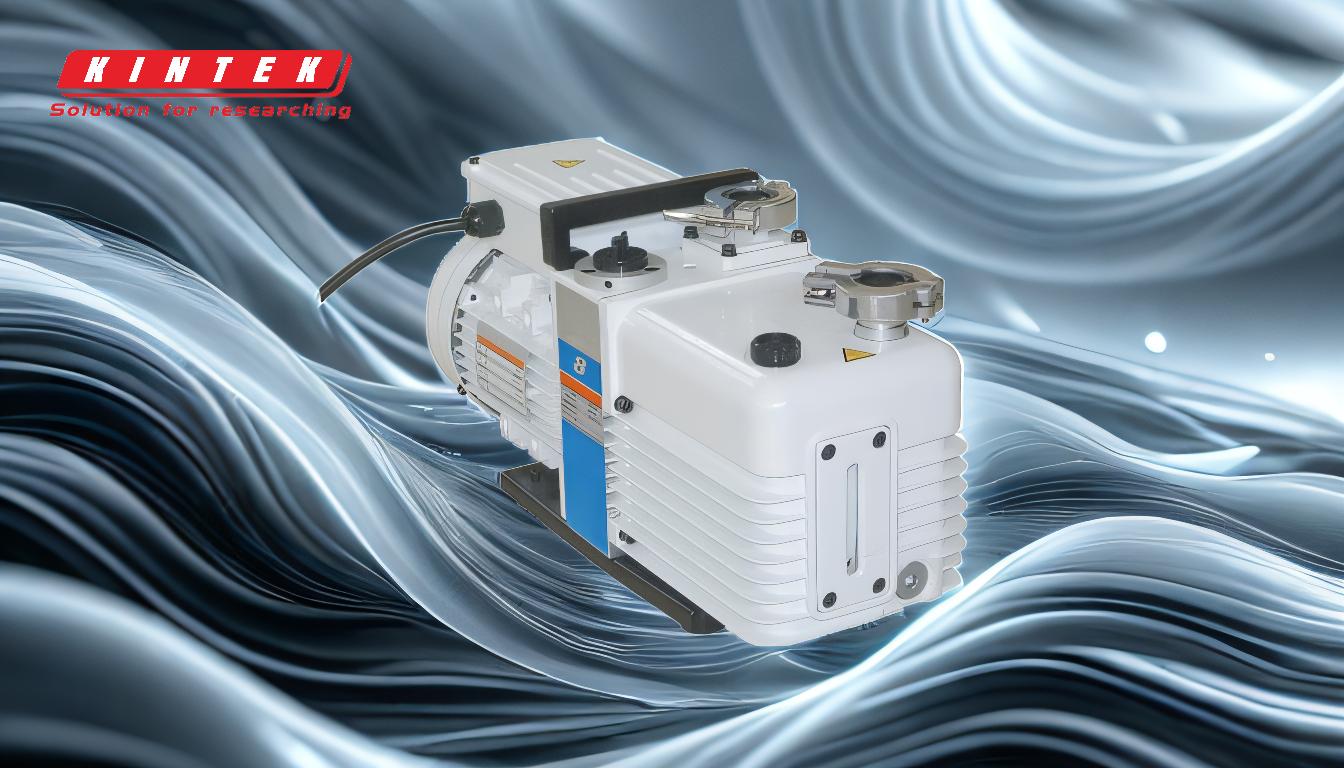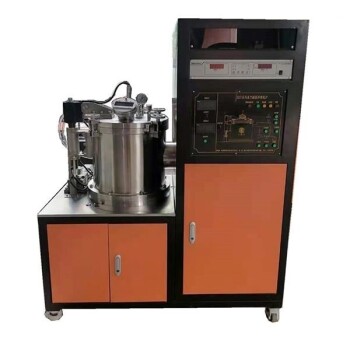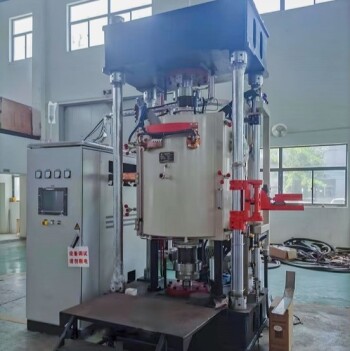Vacuum pumps are indispensable in both industrial and laboratory settings due to their ability to create and maintain a vacuum, which is essential for a wide range of applications. In industries, they are used for tasks such as vacuum packaging, drying components, bottle filling, and lifting or holding objects. In laboratories, they facilitate processes like vacuum filtration, degassing, solvent evaporation, and various analytical procedures. Their versatility, efficiency, and ability to handle different scales of operation make them crucial for improving productivity, ensuring precision, and maintaining safety in various processes.
Key Points Explained:

-
Vacuum Creation and Maintenance:
- Vacuum pumps are primarily used to create and maintain a vacuum, which is a space devoid of matter. This is crucial for processes that require the removal of air or gases to achieve specific conditions.
- In industries, this capability is used in vacuum packaging machines to extend the shelf life of products by removing air from packaging, preventing oxidation and spoilage.
-
Industrial Applications:
- Vacuum Packaging: Vacuum pumps are used in vacuum packaging machines to remove air from packaging, which helps in preserving food, pharmaceuticals, and other perishable items by reducing oxidation and microbial growth.
- Pick and Place Machines: These machines use vacuum pumps to lift and place objects accurately, which is essential in manufacturing and assembly lines.
- Drying of Components: Vacuum pumps are used to dry components by removing moisture, which is critical in industries like electronics and pharmaceuticals where moisture can affect product quality.
- Bottle Filling: In the beverage and pharmaceutical industries, vacuum pumps are used to fill bottles accurately and efficiently, ensuring that the correct amount of product is dispensed.
- Holding and Lifting: Vacuum pumps are used in material handling to hold and lift objects, which is particularly useful in industries like glass manufacturing and automotive assembly.
-
Laboratory Applications:
- Vacuum Filtration: Vacuum pumps are used in laboratories to filter liquids by creating a vacuum that pulls the liquid through a filter, separating solids from liquids.
- Degassing: They are used to remove dissolved gases from liquids, which is important in processes like chromatography and solvent preparation.
- Solvent Evaporation: Vacuum pumps are used in concentrators, rotary evaporators, and vacuum ovens to control or induce solvent evaporation, which is essential in chemical synthesis and sample preparation.
- Analytical Systems: In gas analytical systems, vacuum pumps are used to create the necessary vacuum conditions for accurate analysis.
-
Oil-Free Vacuum Pumps:
- Oil-free vacuum pumps are particularly important in applications where contamination by oil is unacceptable, such as in food processing, pharmaceuticals, and certain laboratory procedures.
- These pumps are often portable, low maintenance, and chemically resistant, making them suitable for handling noncorrosive solvents and other sensitive materials.
-
Semiconductor Processing:
- In the semiconductor industry, vacuum pumps are used in various processes such as ion implantation, dry etching, and deposition techniques like PVD, ALD, PECVD, and CVD.
- These processes require a high degree of precision and control, which is achieved by maintaining a vacuum environment to prevent contamination and ensure the quality of the semiconductor materials.
-
Versatility and Efficiency:
- Vacuum pumps are versatile and can be used in a wide range of applications, from small-scale laboratory tasks to large-scale industrial processes.
- They are designed to handle different flow rates and vacuum levels, making them adaptable to various operational requirements.
- Their efficiency in reducing operation times and increasing pumping speeds contributes to overall productivity and cost-effectiveness in both industrial and laboratory settings.
In summary, vacuum pumps are essential tools in both industrial and laboratory environments due to their ability to create and maintain a vacuum, which is critical for a wide range of applications. Their versatility, efficiency, and ability to handle different scales of operation make them indispensable for improving productivity, ensuring precision, and maintaining safety in various processes.
Summary Table:
| Application | Description |
|---|---|
| Vacuum Packaging | Extends shelf life by removing air, preventing oxidation and microbial growth. |
| Pick and Place Machines | Lifts and places objects accurately in manufacturing and assembly lines. |
| Drying of Components | Removes moisture to ensure product quality in electronics and pharmaceuticals. |
| Bottle Filling | Ensures accurate and efficient filling in beverage and pharmaceutical industries. |
| Holding and Lifting | Used in material handling for glass manufacturing and automotive assembly. |
| Semiconductor Processing | Maintains precision in ion implantation, dry etching, and deposition techniques. |
Learn how vacuum pumps can optimize your industrial processes—contact our experts today!









